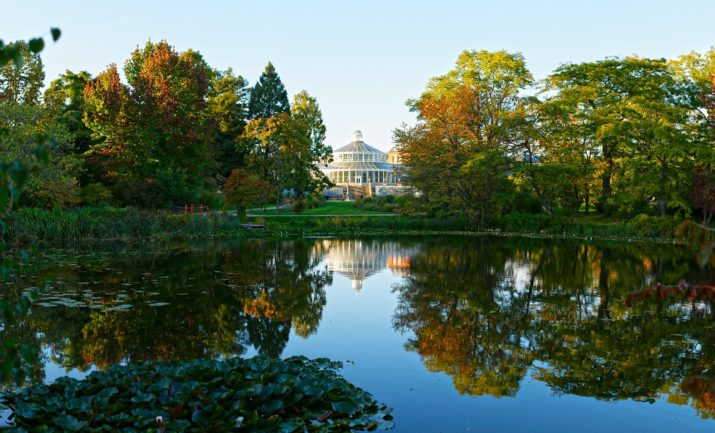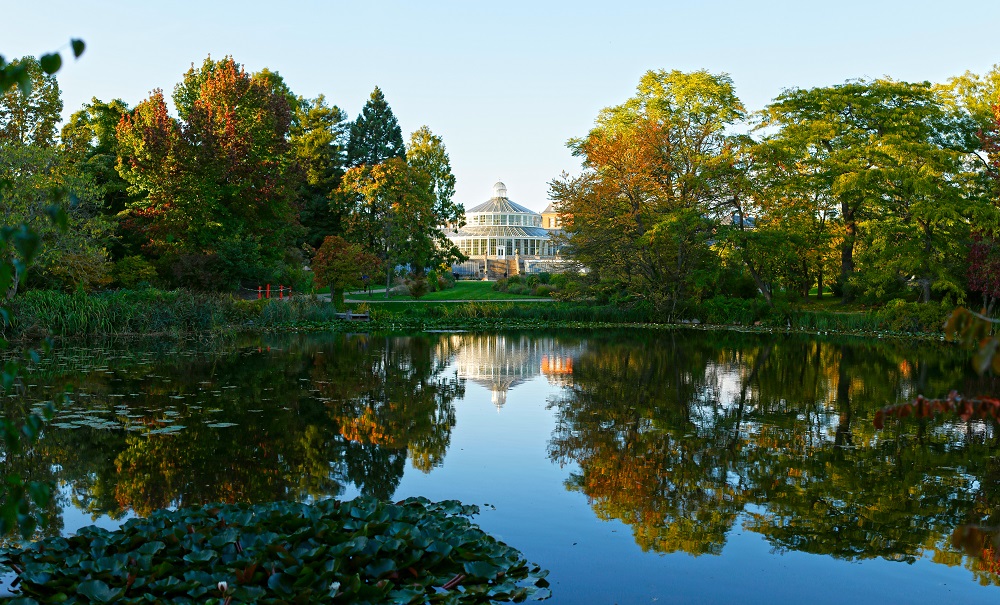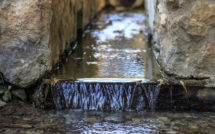

This is part of our Campus Feature on Water Centers & Institutes.
A wide range of research is conducted into water at the University of Copenhagen, and collectively, it covers the whole water cycle. The research includes, for example, the interaction between soil, water, and biological production, water quality in developing countries, and modelling of how pollutants are transported via water.
The Faculty of Science (SCIENCE) is the Faculty with most water related research, both in applied research and basic research.
In the area of water treatment, efficient and safe water use and recycling, water quality, and water and solute transport SCIENCE has a broad variety in research and technics. SCIENCE is pioneering in the field of water resources and currently leads international projects on drinking water and the effects of natural toxins. The focus is on mapping and tracing toxins in water and modelling their transport, and on testing of technologies that can be used to remove contaminants from water, both in situ and ex situ. Researchers at the faculty also have developed new methods and state-of-the-art techniques that ensure safer and more efficient water use and recycling in the industry.
When it comes to completely mapping what is in the water, for example, bacteria, pesticides, pharmaceuticals, natural toxins, nanoparticles, and plastic, SCIENCE is leading in a range of techniques that comprise dedicated methods for particular contaminants or which create complete fingerprints, thereby ensuring state-of-the art assessments of water quality. For example, fingerprinting trace contaminants in water by means of advanced analytical chromatographic and mass spectrometric techniques combined with multivariate evaluation can reveal the effect of various natural and industrial perturbations on water quality. Characterization of unknown constituents can be done by means of exact mass, retention time index, fragmentation patterns, and matching using databases or by preparative isolation and NMR characterization.
Researchers at SCIENCE have also developed new methods to analyze flow patterns and model transport to surface water and groundwater.
Two centers to highlight in this matter are the Center for Hydrology (HOBE) and the Sustainability Science Centre
The HOBE research center brings together 7 multidisciplinary research groups in order to enhance the scientific understanding of large-scale hydrological processes. In addition to investigating the land surface and the atmosphere exchange processes, the center aims to expand the knowledge of recharge and groundwater dynamics and how groundwater interacts with surface- and sea water.
The Sustainability Science Center facilitates access to high quality educational initiatives and cutting-edge research in sustainability science from the University of Copenhagen to a broad international audience including researchers, students and decision-makers in the public and private sectors.
Photo: University of Copenhagen | Shutterstock
Published on December 11, 2018.




